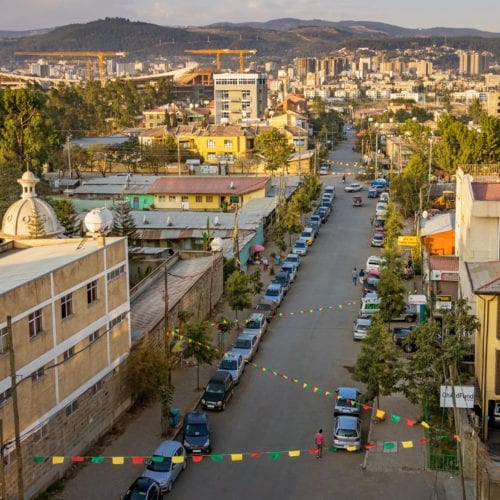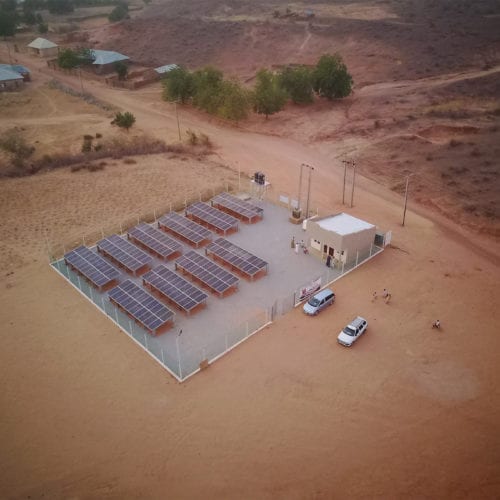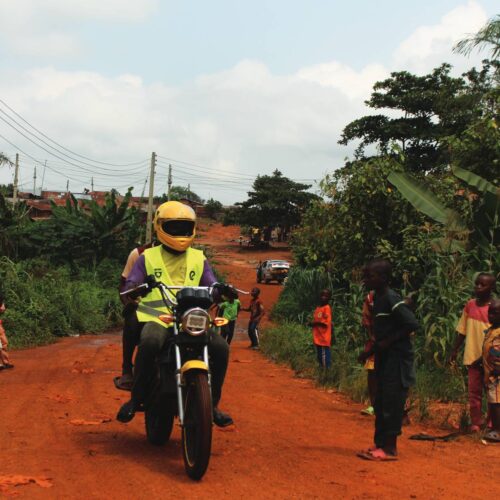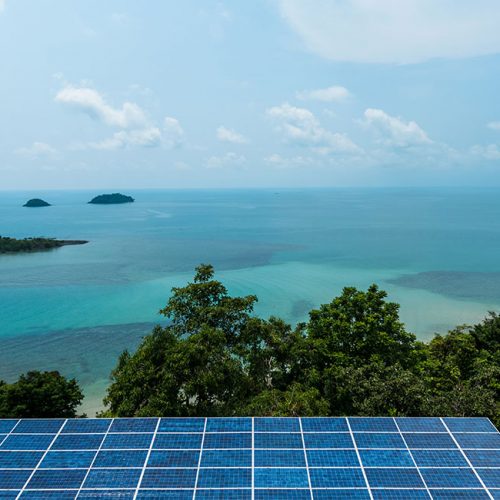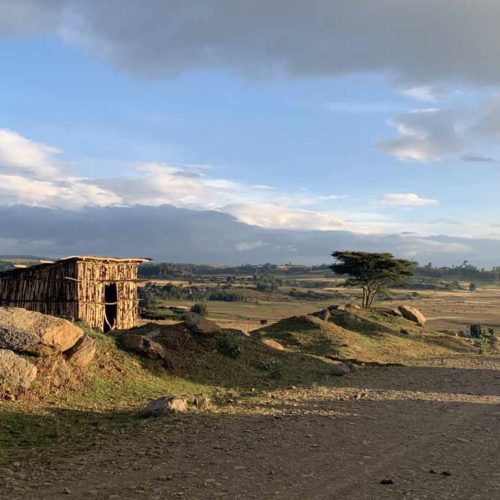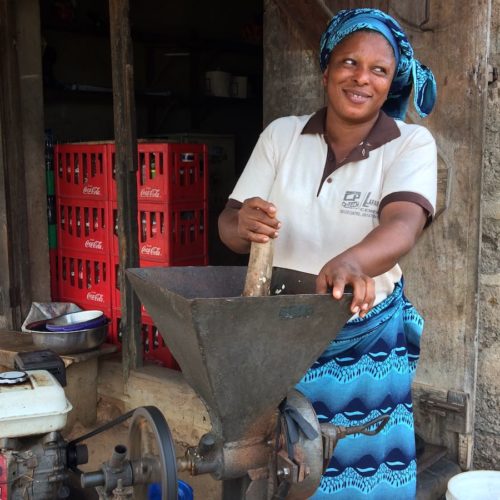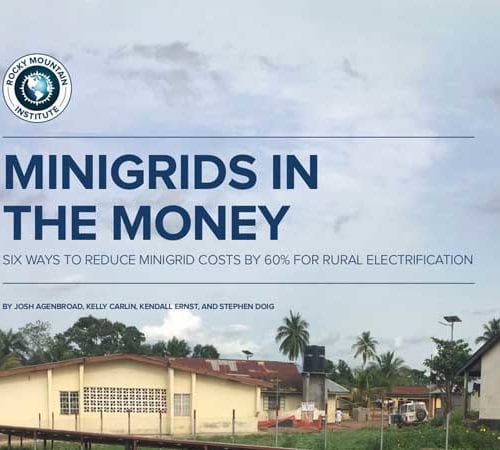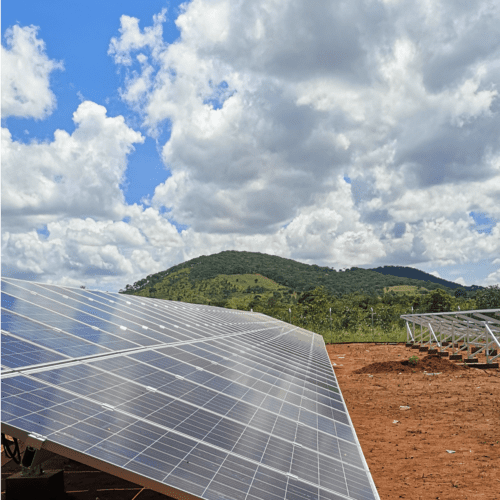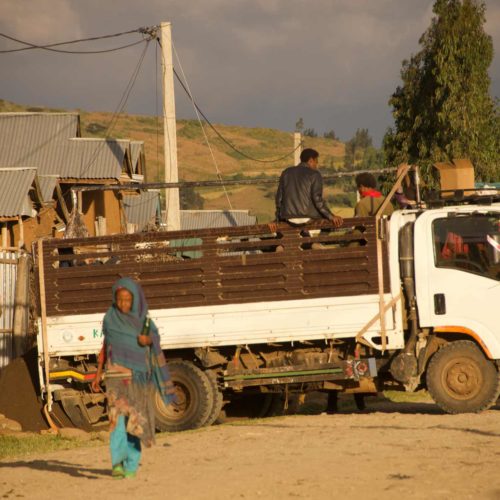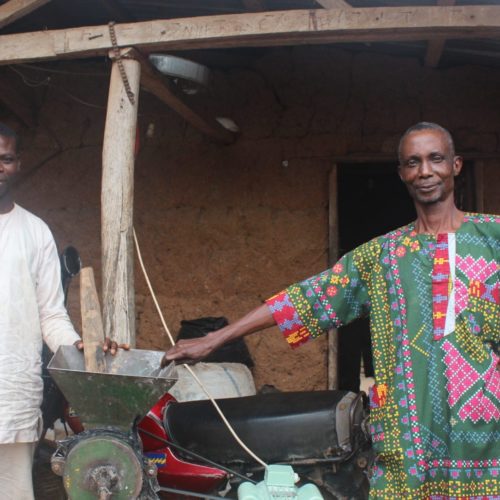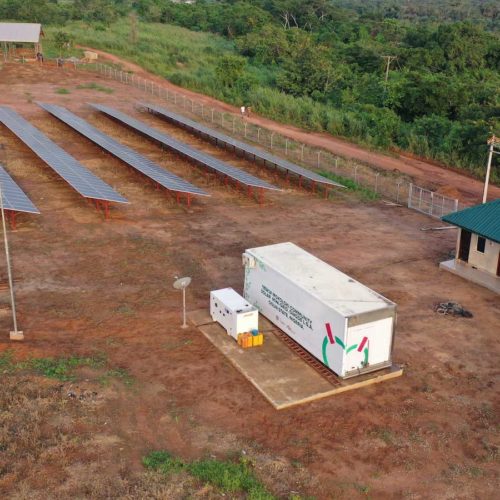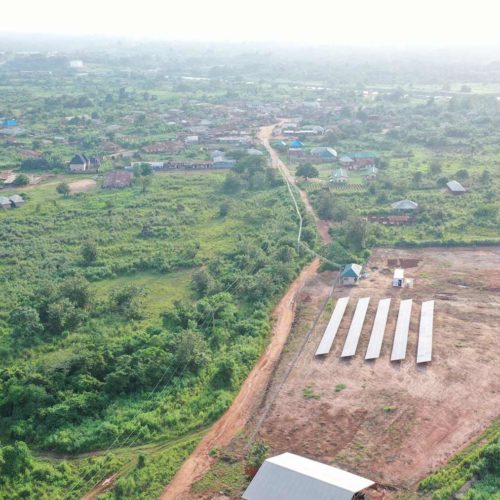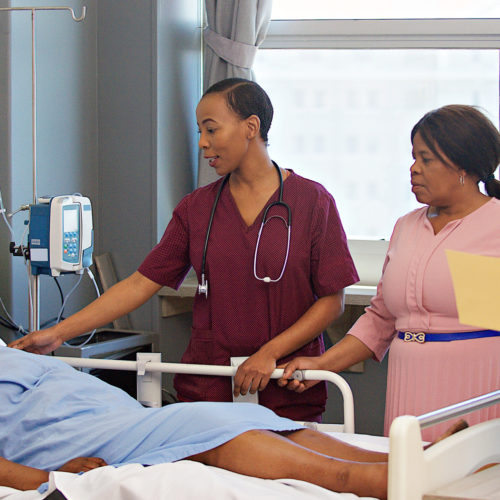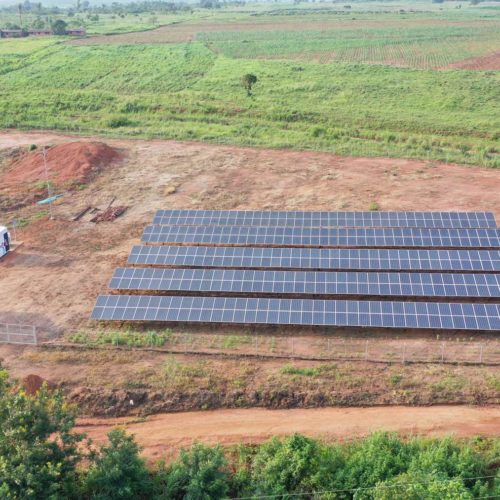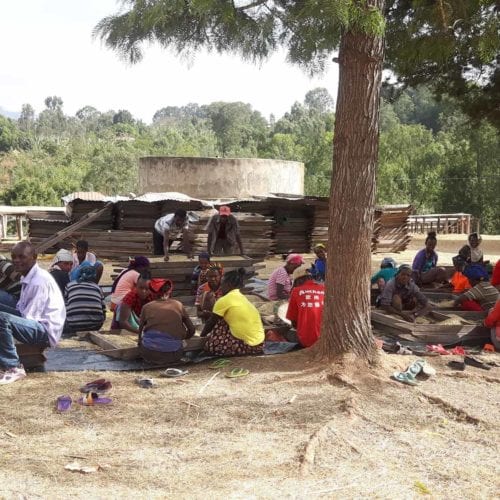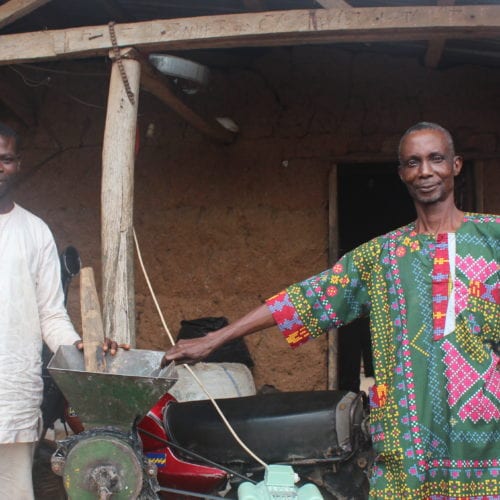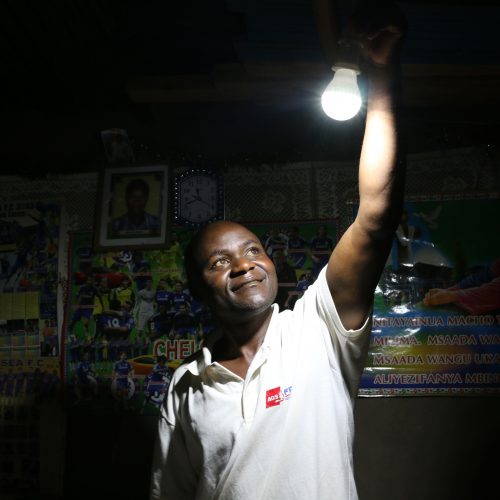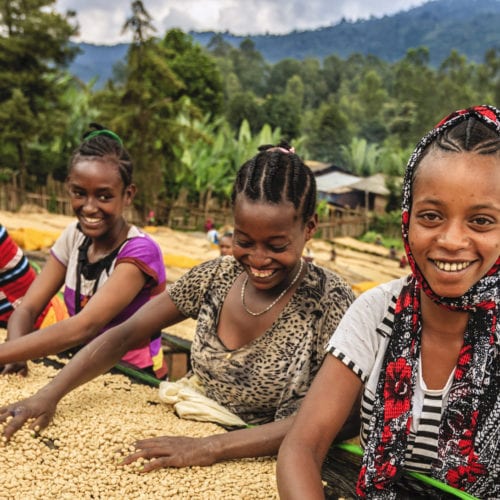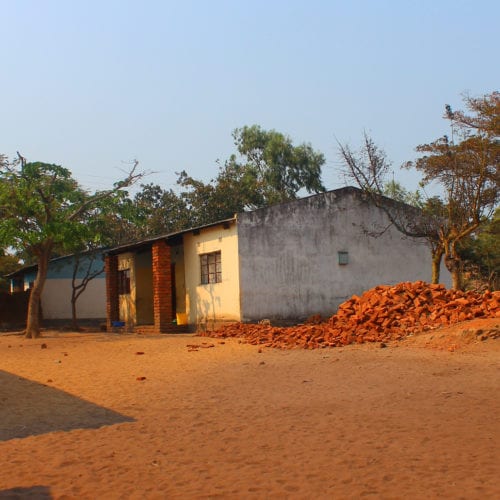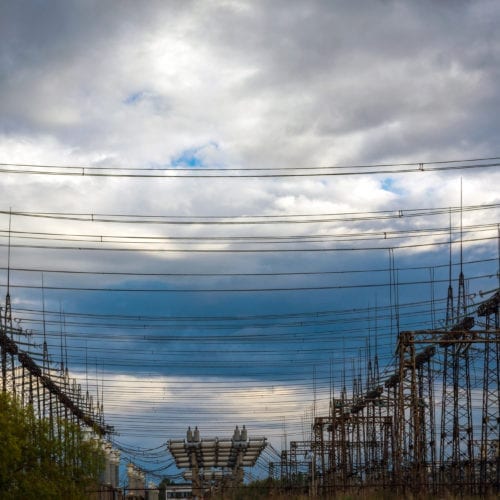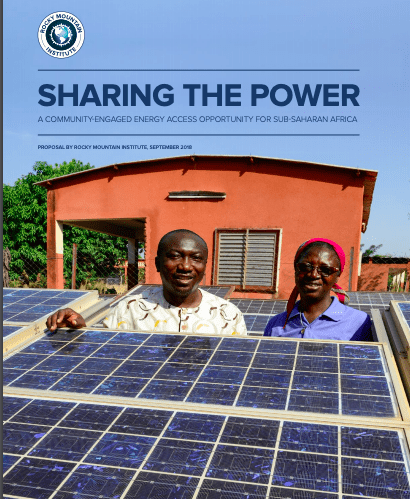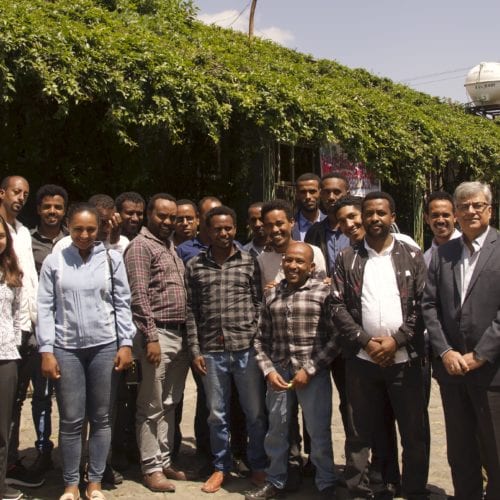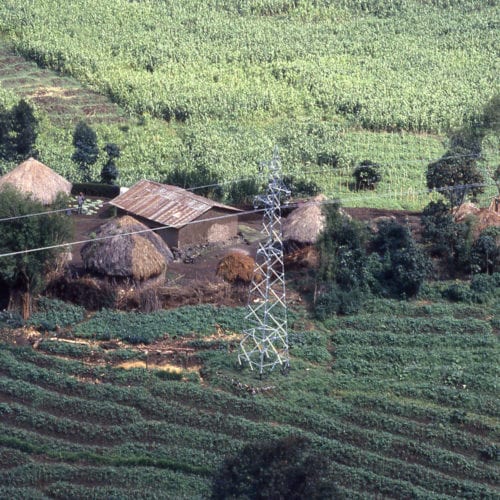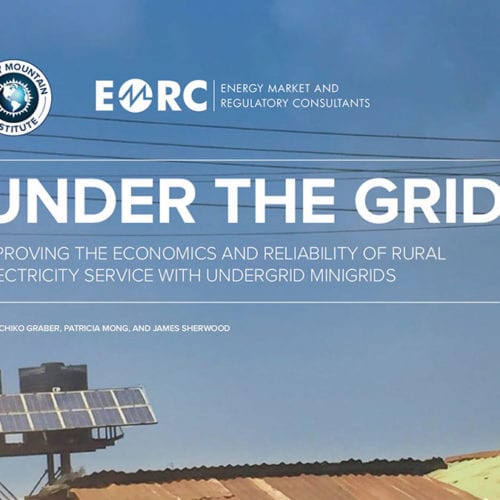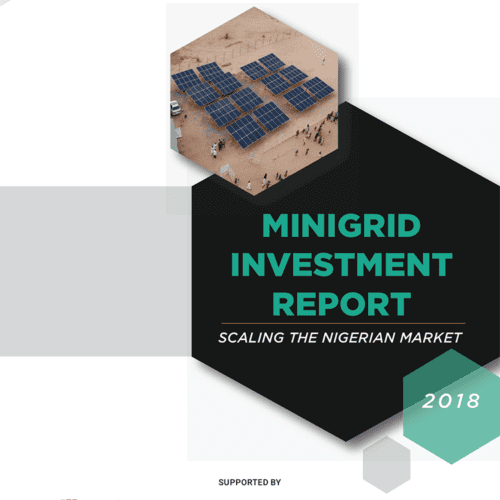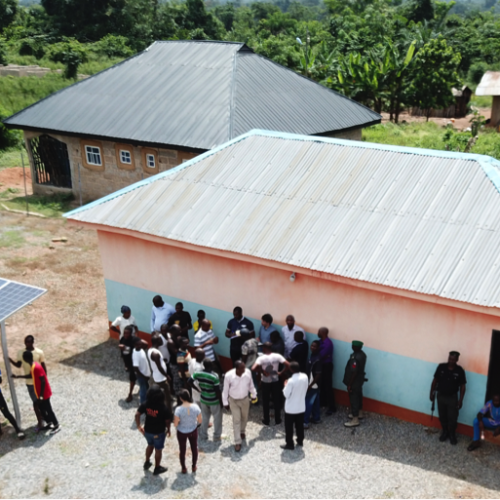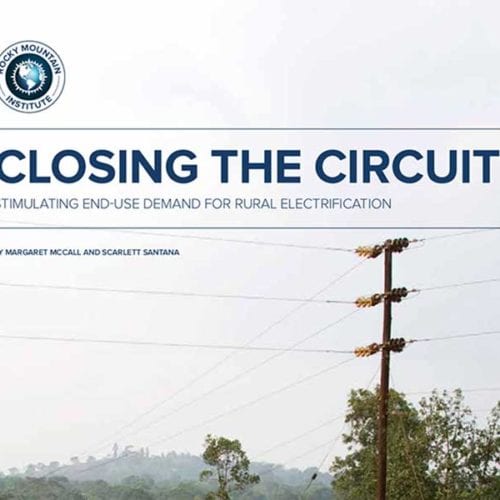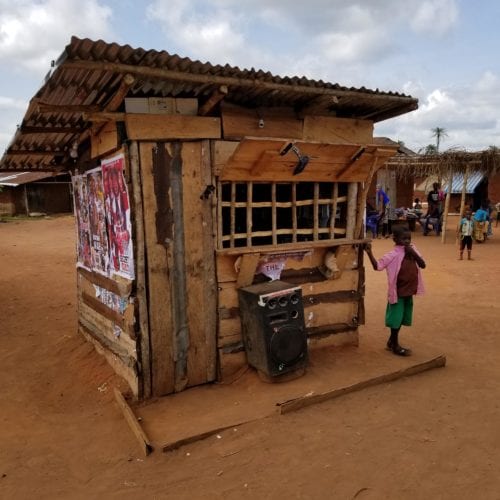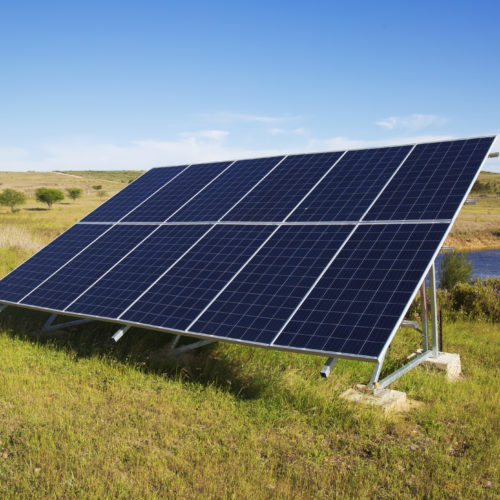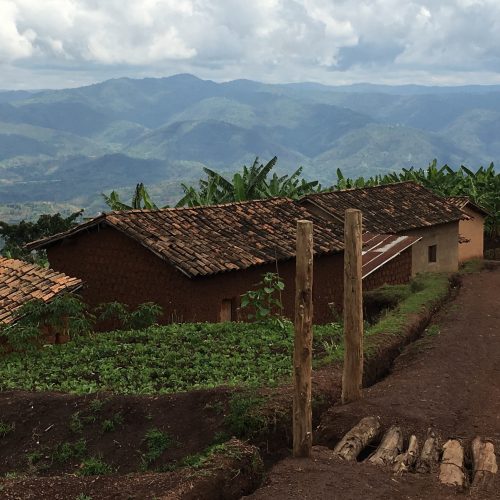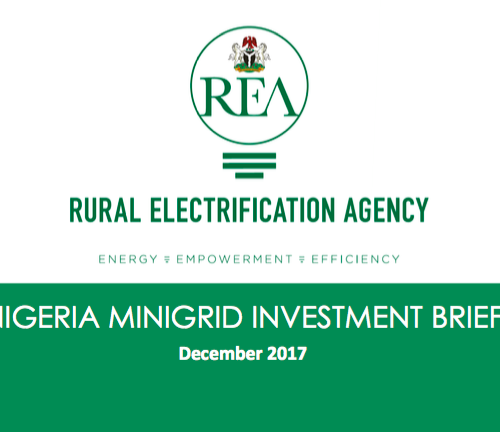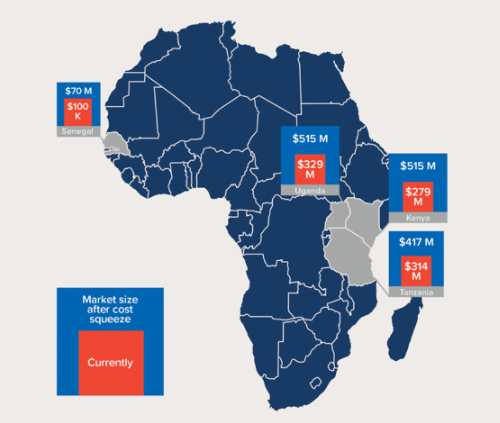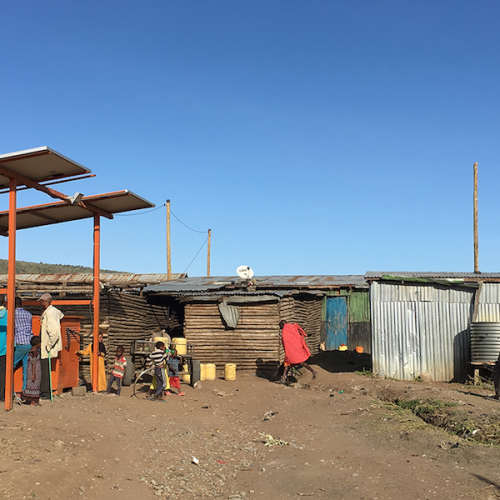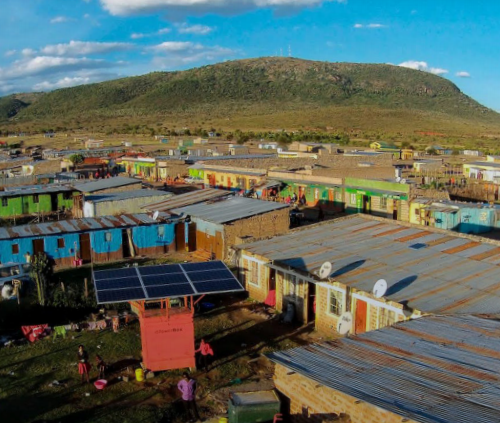ESI Africa
Picture credit: Russell Watkins/Department for International Development Pictured: Elizabeth Mukwimba
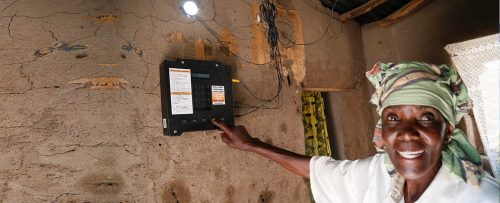
Africa Energy Program
Expanding the benefits of energy access to millions by catalyzing clean energy adoption
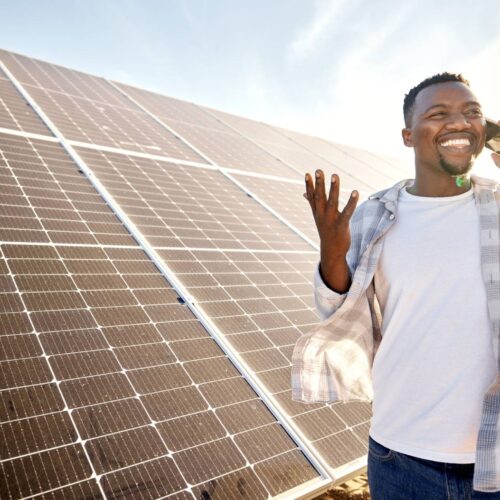
What Is The Africa Energy Program?
The Africa Energy Program partners with governments, development partners, utilities, and the private sector in sub-Saharan Africa to drive deployment of affordable, efficient, reliable, and resilient energy systems that incorporate distributed energy resources to rapidly provide energy access and support economic development.
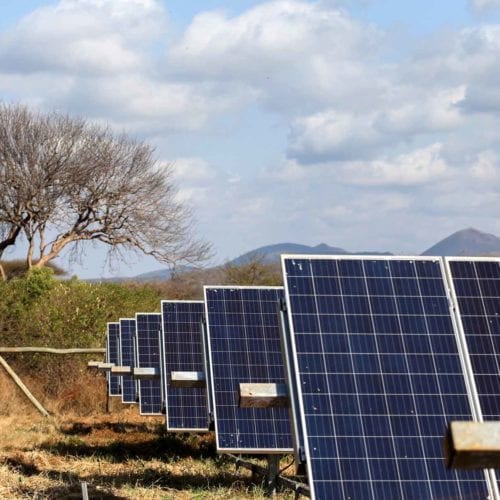
Why It Matters
Today, more than half a billion people in sub-Saharan Africa still lack access to reliable electricity. What’s more, it is the only region in the world where population growth is outstripping growth in access, which means the percentage of people in the region with access to electricity — and the benefits it brings — is set to decline. This directly hampers African economies, as businesses — including microenterprises, agriculture, and industries — are held back by the lack of reliable, affordable energy supply.
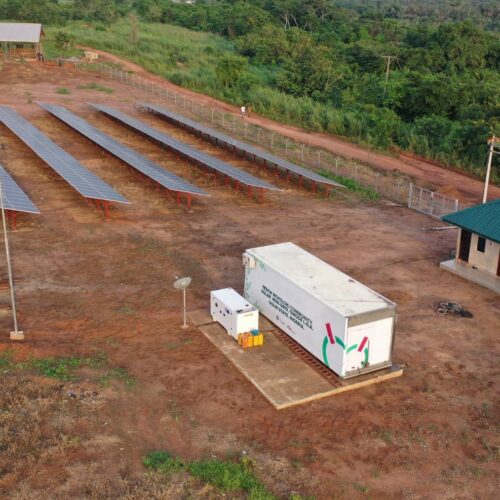
Our Approach
We envision a continent where investment in the energy sector enables human and economic development and focuses on innovative, data-driven, and timely solutions that are executed by local leaders with the drive to transform power systems in their economies.
To achieve this vision, RMI’s Africa Energy Program is working in sub-Saharan Africa to:
- Improve clean energy planning: We strive to unlock least-cost sustainable grids by supporting governments and utilities in adopting holistic electricity system planning, implementing robust procurement processes, and optimizing investments that leverage the economic viability of clean energy portfolios to best drive human and economic development.
- Build demonstration projects and accelerate scaling: Working with local partners to implement distributed energy resource projects that de-risk innovative business models and technical designs, we catalyze sector growth, demonstrating what is possible and creating pipelines of projects that can reach critical viability thresholds and facilitate investment flows. We do so by engaging communities and key stakeholders to foster long-term growth.
- Spur efficient demand stimulation: By enabling communities, businesses, and industries to adopt energy-efficient technologies tailored to their needs, we help drive productive use of energy tied to local economic development.
We work closely with the Climate Finance Access Network (CFAN) to improve the capacity of low-income countries to unlock funding for climate-friendly investments, and with the Energy Transition Academy (ETA) to provide unique capacity development opportunities that respond directly to the needs of energy practitioners in the Global South. This includes hands-on experience and training with projects, as well as peer collaboration and communities of practice. These combined efforts will spur rapid adoption of clean energy.
Our work encompasses both supply and demand aspects to display how clean energy can meet people’s needs. In the course of our work, we have built a deep understanding of the local context, dynamics, and challenges. Our program relies on Africa-based talent and embraces an intentional approach about working with trusted local partners to ensure ownership and a sustainable energy transition.
Photo courtesy of Eric Wanless
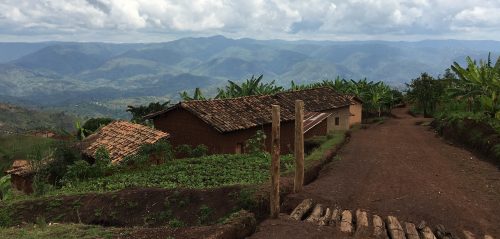
What We’ve Accomplished
Ethiopia
- With support from the IKEA Foundation, our team worked in 2020 and 2021 to establish an evidence base and demonstrate the pathways for incorporating productive uses of energy into electrification efforts in Ethiopia. This work enabled RMI to engage in 52 communities across Ethiopia and delivered a portfolio of projects along with a National Productive Use Program endorsed by sector decision makers. We fostered a common understanding of the needs and opportunities, helping Ethiopian stakeholders move toward an integrated approach linking electrification to agricultural value chains.
- With support from the UK Partnering for Accelerated Climate Transitions (UK-PACT), in 2022 RMI Africa identified viable business models for private minigrids in Ethiopia, laying the groundwork to attract private investment in minigrids in Ethiopia and trigger regulatory changes.
Nigeria
- Through the landmark Minigrids in the Money report, RMI Africa quantified in 2018 the minigrid market potential and defined a series of real-world project financials, which created global interest in the Nigeria market. We now see an intense focus on minigrid development that will result in hundreds to thousands of communities and markets receiving high-quality power for the first time.
- Our program is a core implementing partner of the Global Energy Alliance for People and Planet (GEAPP). Working in partnership with GEAPP, we designed and implemented a strategic intervention for utility-enabled DERs leading to the co-development of a large-scale, utility-focused program.
- With support from the US Trade and Development Agency (USTDA), we launched a commercial and industrial clean energy pipeline development effort with Daystar Power to de-risk 40 MW of clean energy generation capacity in Nigeria and implement 20 projects, setting the stage for replication by other developers and utilities.
- In partnership with the Rural Electrification Agency (REA) and GEAPP, RMI Africa developed and launched in 2022 the Energizing Agriculture Program, a flagship initiative leading to an initial accelerator cohort of five teams testing scalable business models for productive uses across 20+ minigrid sites.
- In 2022, our program concluded an economic assessment of electric vehicle (EV) usage on rural minigrids with support from Shell Foundation and Factor[e] Ventures, sharing our critical insights with development partners and private actors and paving the way to scale funding into e-mobility in Africa.
Uganda
- Our holistic energy plan — finalized in 2017 — identified the need to focus on investment beyond traditional power supply to avoid taking on unnecessary debt and to ensure that the value of energy access is realized through demand stimulation programs. As a result, Uganda energy stakeholders are now aware and aligned on the importance of these issues — a critical first step toward long-term change.
Rwanda
- Our integrated planning work with the utility in 2016 led to a clear understanding that too much capacity coming onto the grid in large pieces could create challenges for the country. This work contributed to the utility’s decision to change its investment approach to be more firmly grounded in robust analytics.
- We co-developed and delivered in 2016 an off-grid electrification strategy that led to multiple solar home system companies operating in Rwanda, which leads to lower pricing and better products for consumers.
Malawi
- In 2019, RMI Africa completed a sustainable energy investment study, including modeling training for the national utility staff and procurement unit. The study led to the reconsideration of proposed coal development and the resilience impacts of hydro-dominant plans, as well as the prioritization of clean energy projects.
RMI’s Work in Nigeria
RMI and partners have been working in Nigeria since 2017 to improve energy reliability and access. Here’s a timeline of some of our milestones.
-

RMI starts working in Nigeria
RMI begins working in Nigeria to support the country’s transition to clean and reliable energy at the invitation of the Rural Electrification Agency (REA). -
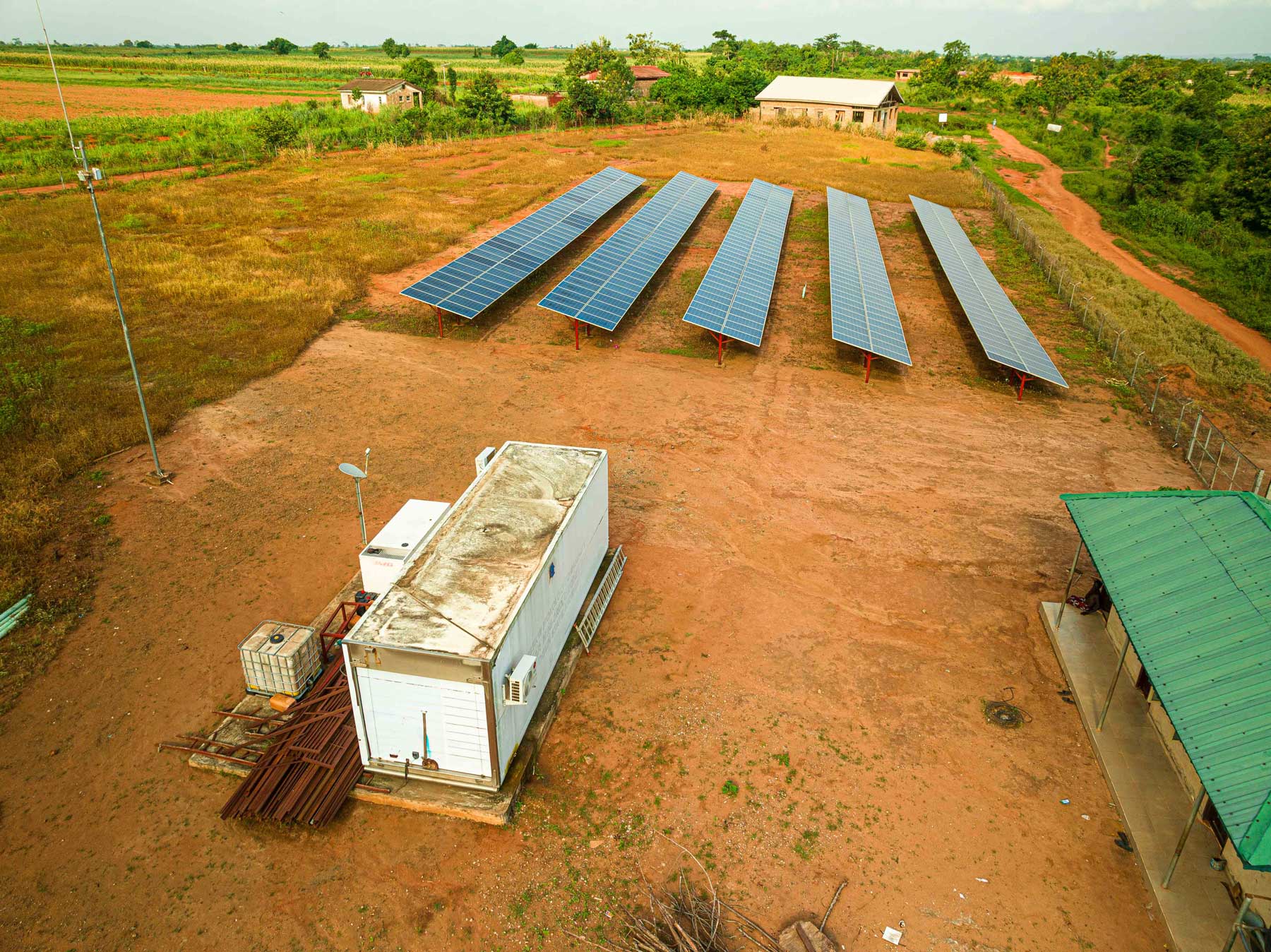
RMI and partners present minigrid opportunity for Nigeria
A new collaboration between RMI, the Nigerian Rural Electrification Agency (REA), and the World Bank finds that Nigeria is the nation that could unlock the nascent minigrid market in Africa. The analysis found that developing off-grid alternatives could create a $9.2 billion market opportunity for minigrids and solar home systems and save $4.4 billion for Nigerian homes and businesses every year. -
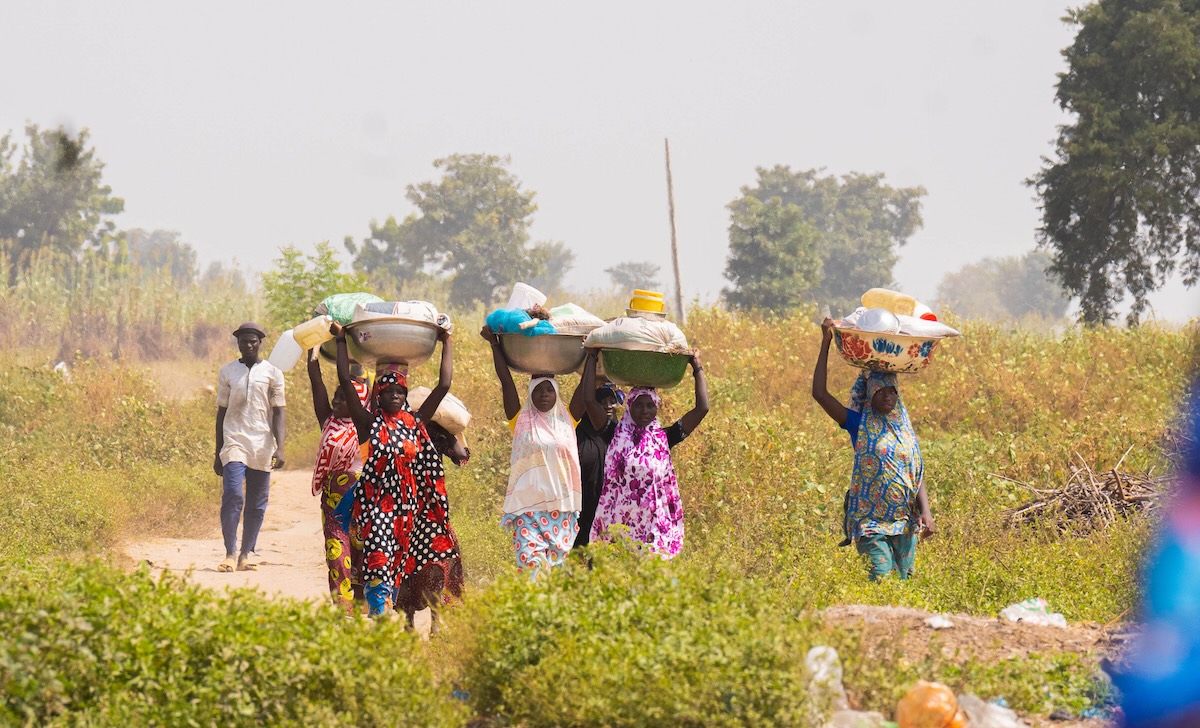
RMI lays out pathway for economic reliable power in rural areas
RMI publishes two reports that show how to improve the economics and reliability of rural electricity service through solar minigrids. Under the Grid describes how minigrids can be a solution for communities that receive unreliable, inconsistent, and/or low-quality power. Minigrids in the Money shows six ways to reduce minigrid costs by 60 percent focusing on two off-grid communities in Nigeria. -
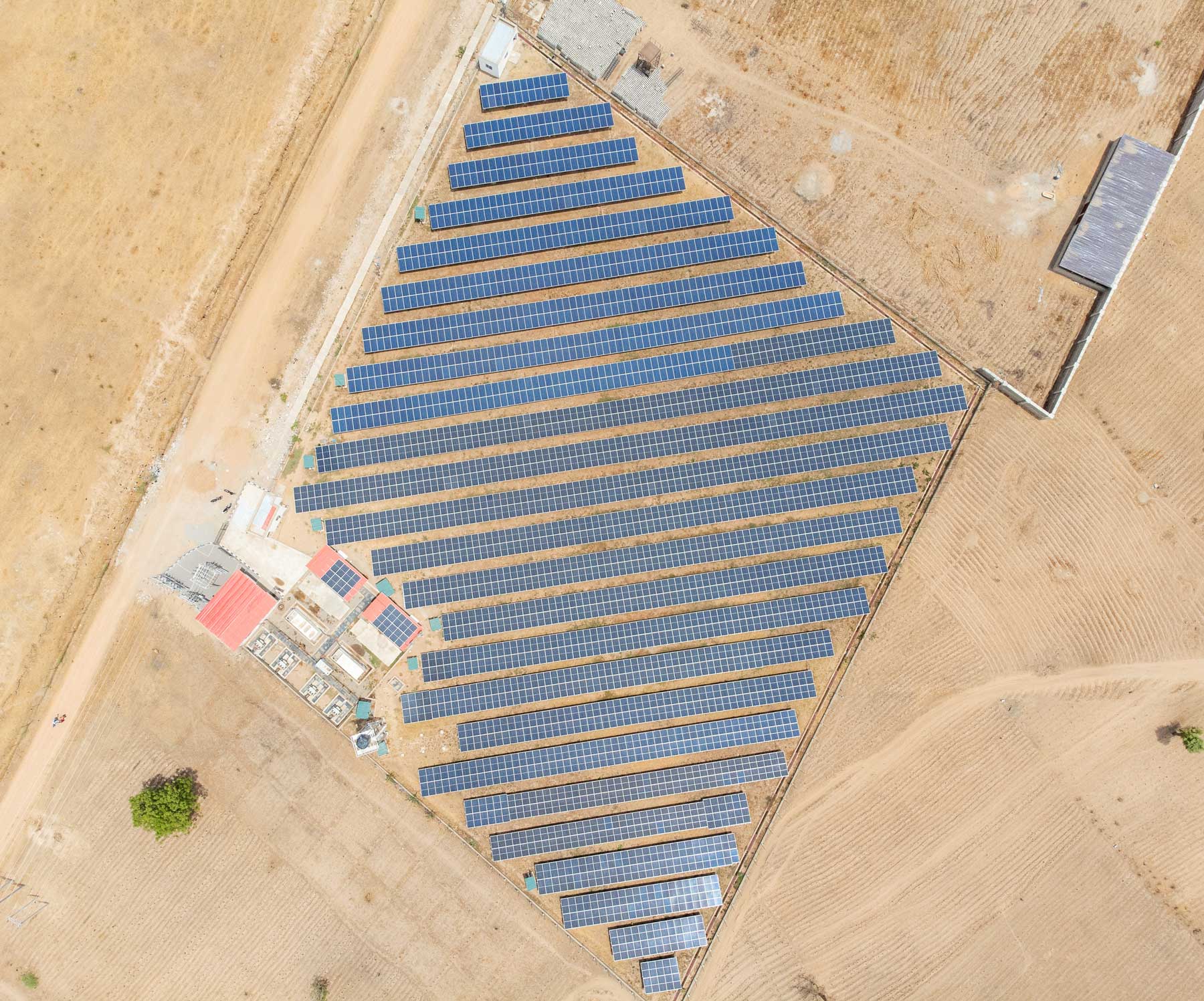
USTDA funds RMI to develop utility-enabled minigrids
The US Trade and Development Agency (USTDA) funded RMI and the Abuja Electricity Distribution Company (AEDC) to provide electricity to underserved communities through solar and storage minigrids. This kicked off our utility-enabled distributed energy resources program with global implications beyond Nigeria. -

Nigeria’s first “undergrid” minigrid comes online
RMI partnered with Ibadan Electricity Distribution Company, Nayo Technologies, and the Nigerian Rural Electrification Agency to install a 100 kW solar minigrid to the underserved community of Mokoloki. The minigrid power 230 households and over 60 commercial and public enterprises. -

RMI publishes Agricultural Productive Use Study
RMI, in partnership with US Agency for International Development and Power Africa, publishes a study on the opportunity to initiate and scale the productive use of energy from Nigerian minigrids by electrifying agricultural processing activities, leading to the eventual launch of the Energizing Agriculture Programme (2022). -

The Africa Minigrids Program launches
The UNDP, in partnership with RMI, the Global Environment Facility, and the African Development Bank, launches the US$50 million country-led technical assistance program to stimulate the solar minigrid market to boost electricity access in 21 sub-Saharan African countries. -
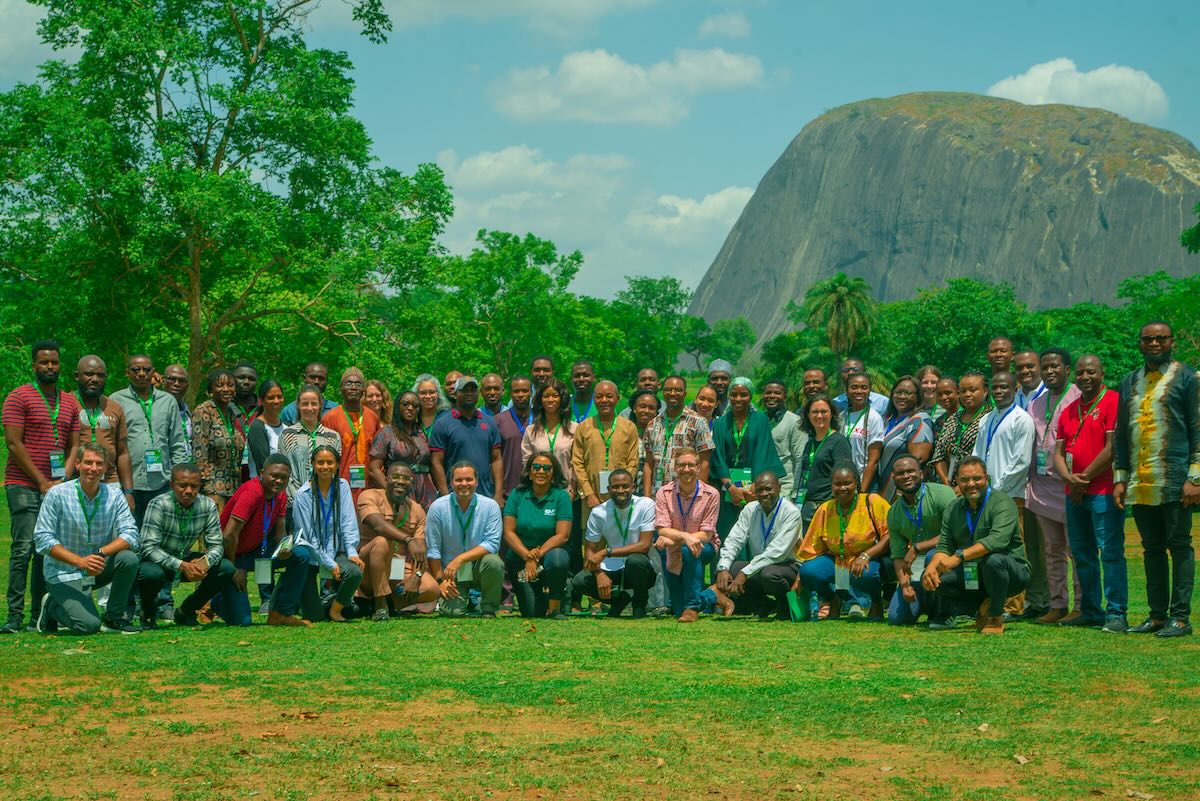
Energizing Agriculture Program launches
The Nigerian Rural Electrification Agency, in collaboration with RMI and supported by the Global Energy Alliance for People and Planet, launches the Energizing Agriculture Programme to catalyze economic development and improve rural livelihoods in Nigeria through linking minigrids and agricultural productivity. -
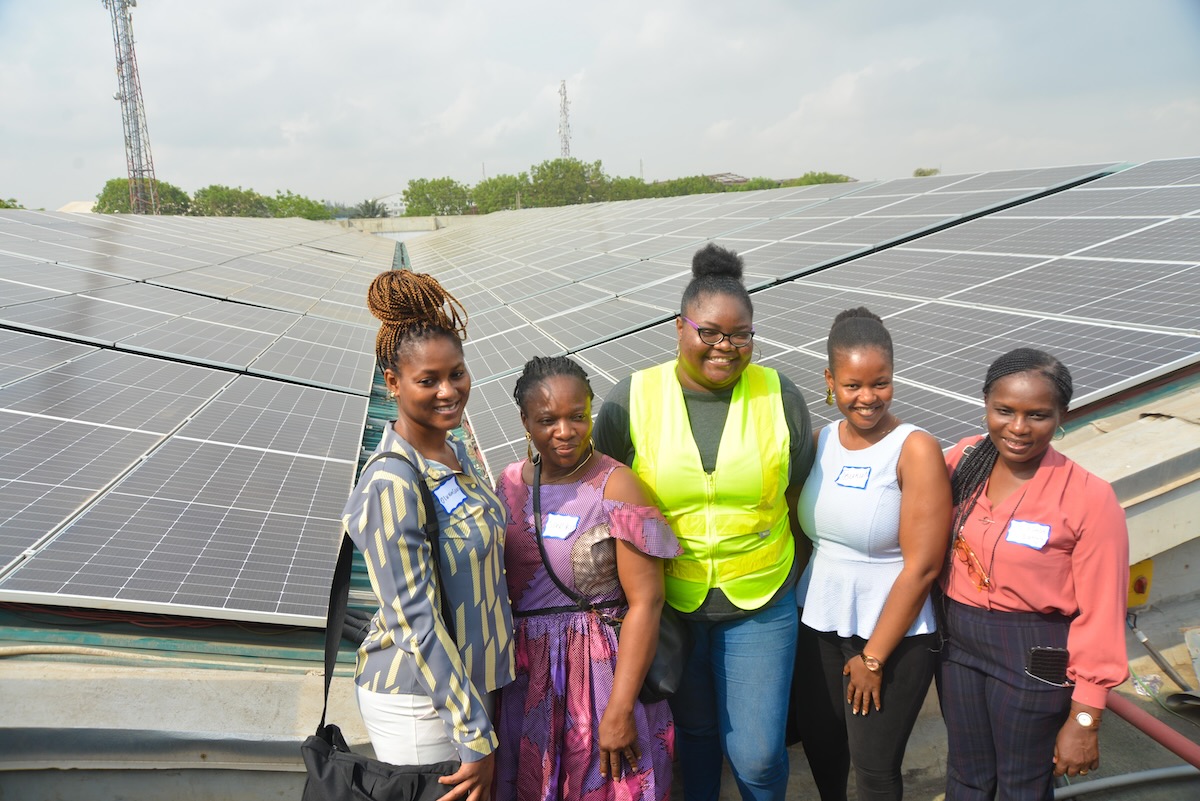
The Energy Transition Academy inaugurates the first Nigerian cohort
RMI’s Energy Transition Academy launches its first global fellowship program offering in Nigeria. The cohort — made up of 20 energy practitioners from four Nigerian distribution companies — is actively working to advance clean energy projects. -

RMI publishes rural electric vehicle study
Through pilot projects in Nigeria and India, RMI, the World Bank, and partners publish a study showing that solar minigrid-powered electric two- and three-wheeled vehicles can compete economically with fossil fueled alternatives at a wide range of energy prices. -
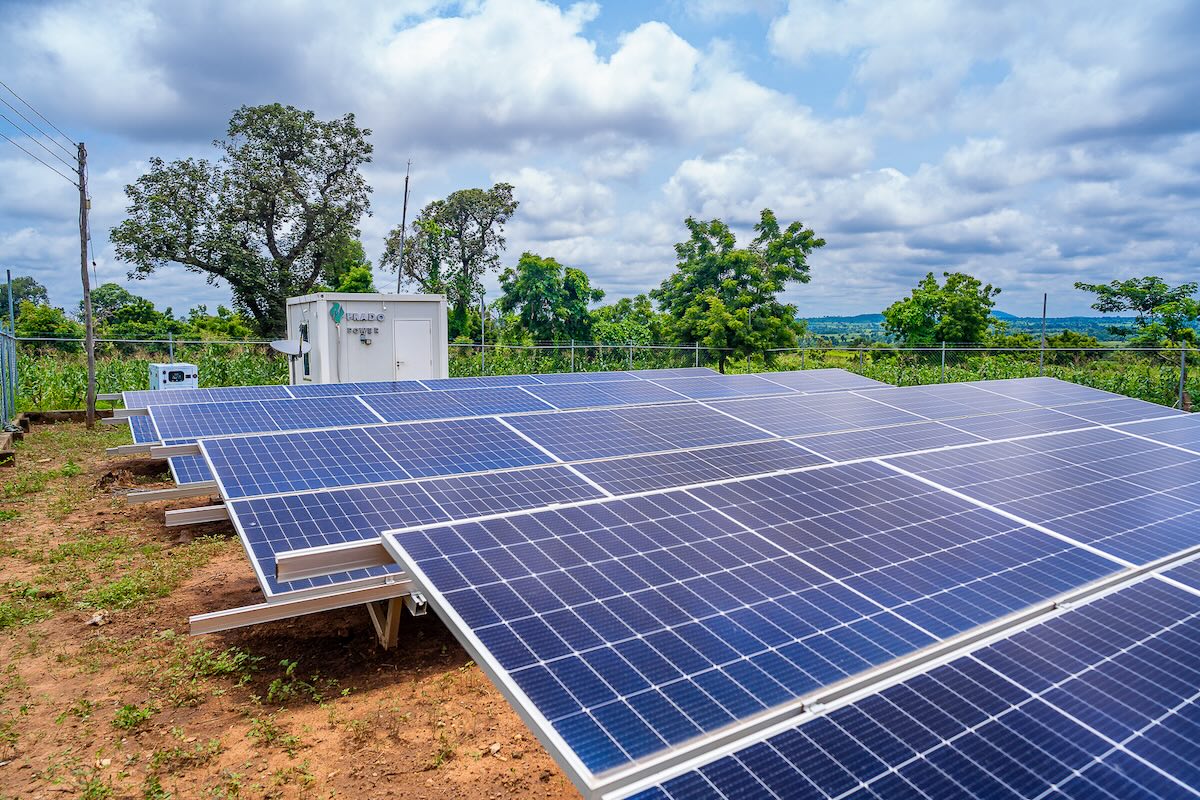
Sharing the Power pilot projects commence
RMI, in collaboration with Nigerian developers and supported by the Dutch Postcode Lottery, kick-starts Sharing the Power’s community projects aimed at increasing the development potential and financial sustainability of community-led minigrids in Nigeria. -
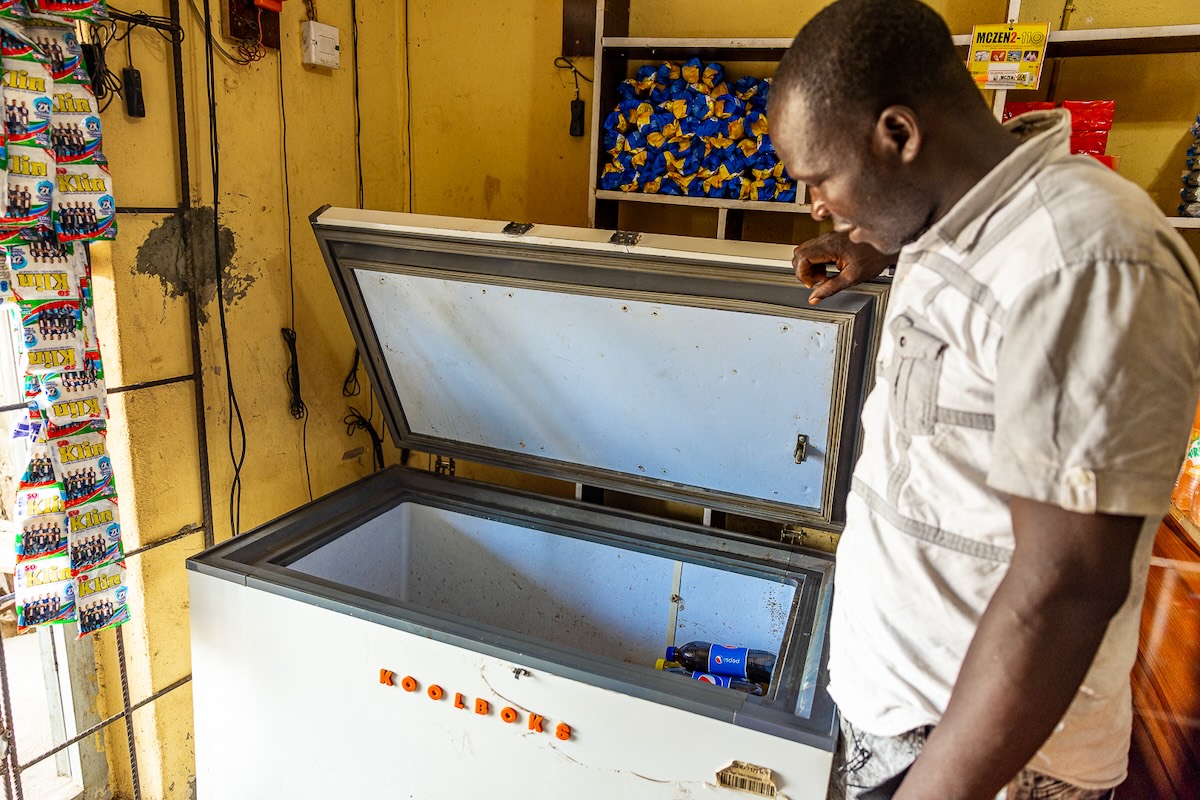
EAP pilot projects take off
The Energizing Agriculture Program (EAP) initiates six pilot projects electrifying motorbikes, rice mills, cold storage, and other agricultural processes, improving the lives of farmers across Nigeria. -

RMI establishes official entity in Nigeria
Although working in Nigeria since 2017, RMI officially establishes our Nigerian entity to deepen our program and boost climate action in the region. -

RMI joins partnership to progress climate finance and develop clean energy projects
RMI joins forces with Nigeria Sovereign Investment Authority to accelerate climate finance and clean energy projects. This partnership will mobilize investments through innovative financing solutions to scale up private sector-led clean energy generation and distribution in Nigeria. -
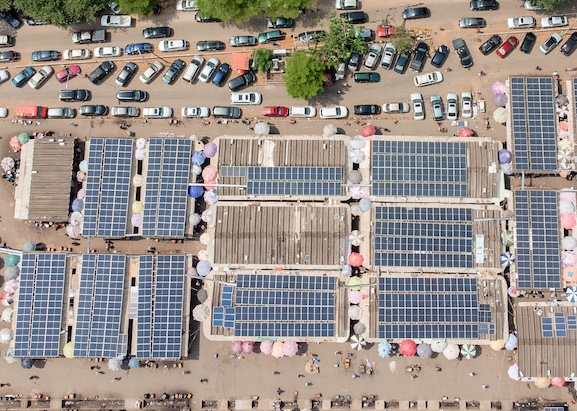
Nigeria receives its first utility-enabled hybrid solar project
RMI helps develop a grid-connected solar plus storage system for The Wood Factory, an Abuja-based furniture manufacturer. This introduced a new utility-enabled business model to enable commercial and industrial customers to transition from polluting diesel generators to a more sustainable energy mix of solar, batteries, and the national grid. -
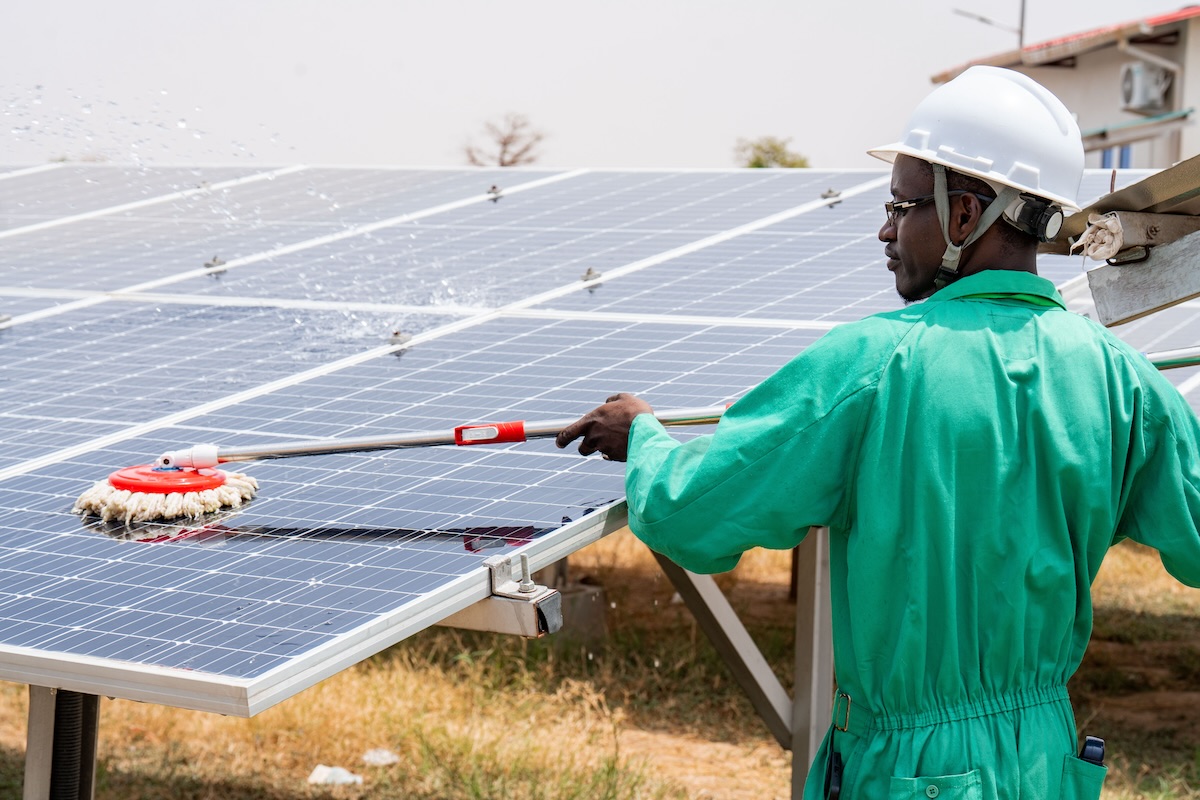
World Bank selects RMI as implementation partner to scale renewable energy in sub-Saharan Africa
RMI is selected as an implementation partner for the World Bank Distributed Access through Renewable Energy Scale-up (DARES) project, a $750 million multi-year program that uses innovative financing solutions to scale up private sector-led clean electricity projects. -
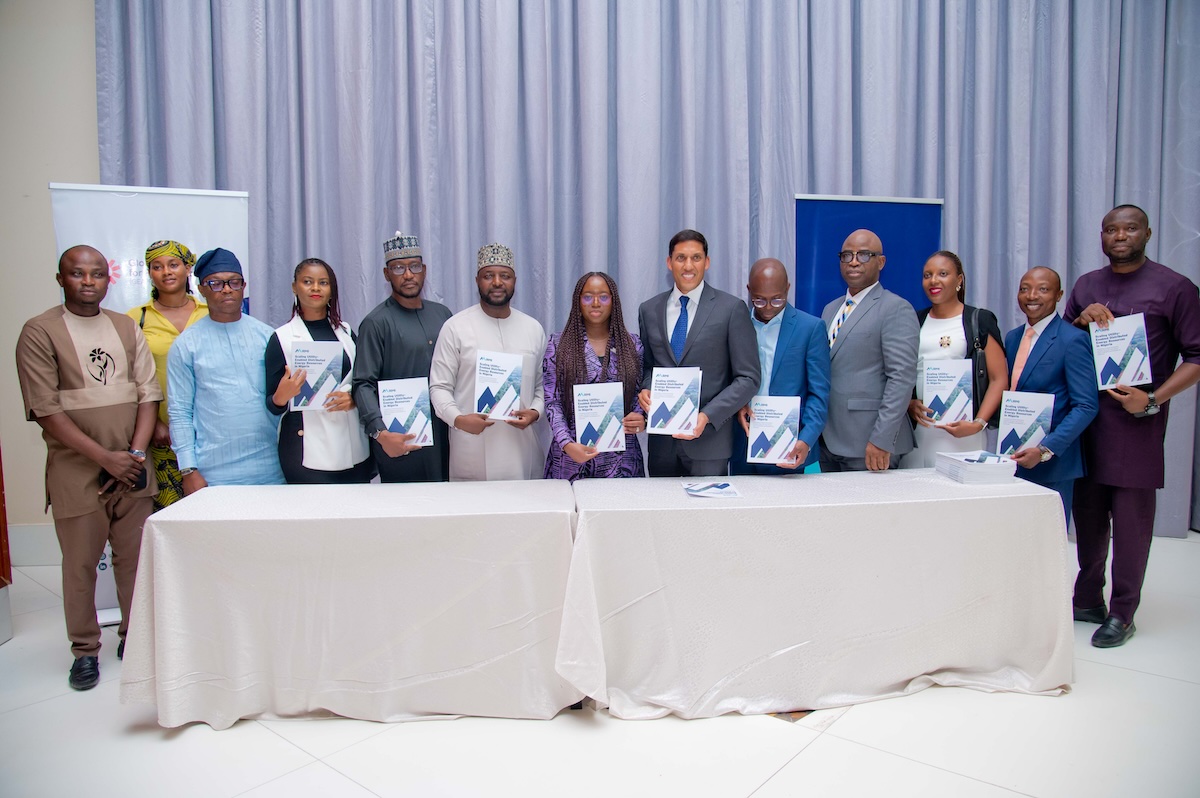
RMI produces roadmap to boost utility revenues and improve power availability and reliability
RMI and GEAPP unveil a comprehensive roadmap that indicates an over 20 GW market opportunity in Nigeria through rapid expansion of utility-enabled distributed energy, especially renewables and batteries, over the next 10 years.
Our Partners
RMI Africa’s work is made possible by generous support from the Rockefeller Foundation, the Dutch Postcode Lottery, Good Energies Foundation, the IKEA Foundation, the UK Partnering for Accelerated Climate Transitions (UK-PACT), the United States Trade and Development Agency (USTDA), the Global Energy Alliance for People and Planet (GEAPP), the Shell Foundation, the United Nations Development Programme (UNDP), and the Global Environmental Facility (GEF). The program welcomes additional partners to support our critically important work in the region and will consider engagement with additional geographies contingent on local energy sector alignment and commitment.
In The News
ESI Africa
Electric City Hub
Resources
2022
2022
2022
2021 Agricultural Value Chain and Electrification Feasibility Study
2021
Six ways to reduce minigrid costs by 60% for rural electrification
2019
The Africa Energy Program is seeking an experienced Energy Lead in Ethiopia
Electrification’s ultimate measure of success—and its real contribution—is to both meet basic humanitarian needs and underpin economic development.
2020
2020
2020
2020
2020
2020
2020
2020
2020
2020
2020
2019-2021
2019
2019
2019
2019
2019
2019
2018
2018
2018
2018
2018
2018
2018
2018
2017
2017
2017
Driving clean, reliable, and affordable energy access in sub-Saharan Africa.
